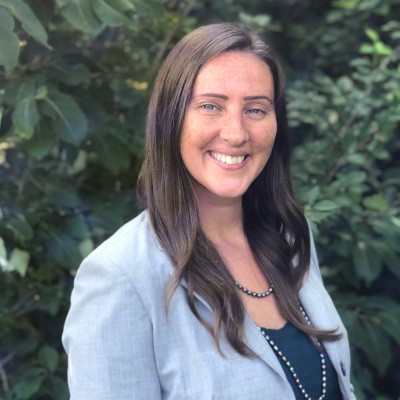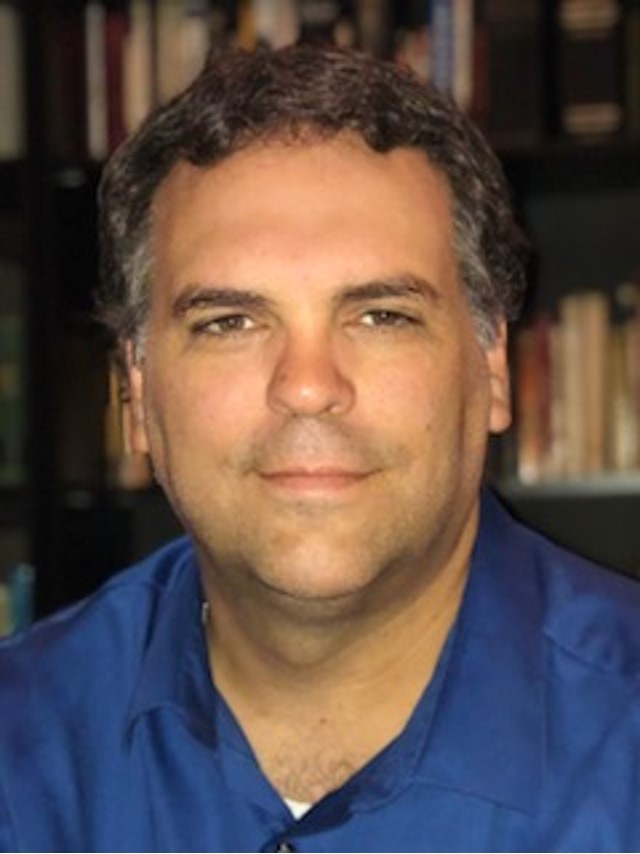Speaker(s)
Rachel Winograd, MA
This presentation will review risk factors for experiencing opioid overdose events and will highlight how multiple distinct types of clinical pictures lead to increased risk. Specifically, pathways reflecting “pure” substance misuse histories, mismanagement of acute or chronic pain treatments, respiratory illnesses, and comorbid mental and physical health conditions will be reviewed, with attention paid to the unique vulnerabilities of individuals with each presentation. Guidance on how to most effectively discuss and protect against opioid overdose within various health care settings will be provided.
Objectives:
- Review knowledge of behavioral, emotional, and physical risk factors for opioid overdose events
- Describe established approaches and emerging trends in the services requires to support patients and families of patients with behavioral health and/or substance use management needs, specifically related to opioid use
- Understand the unique clinical concerns of patients struggling with co-occurring chronic pain and opioid use disorder
- Review a variety of prevention and intervention approaches to reduce patient risk of experiencing opioid overdose events


